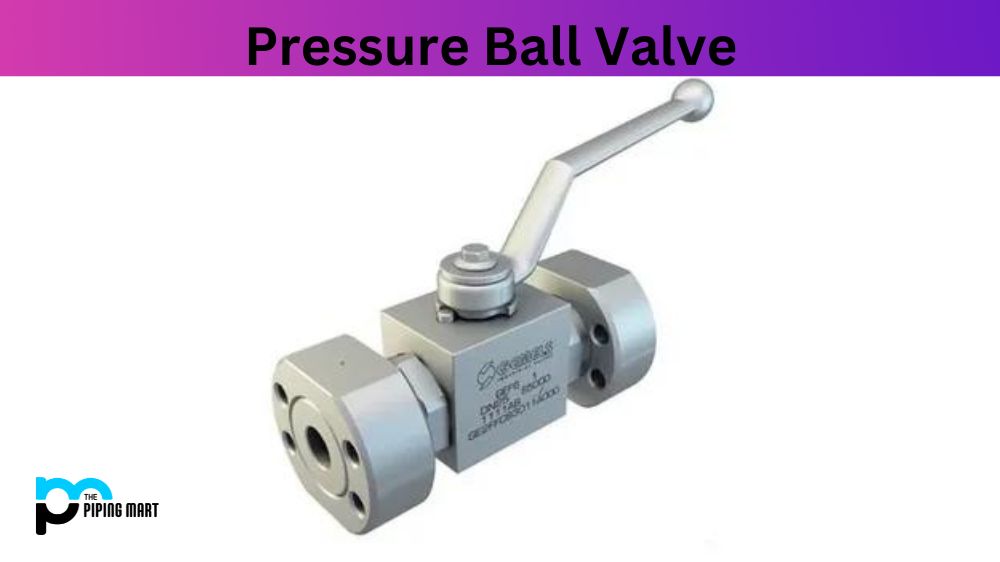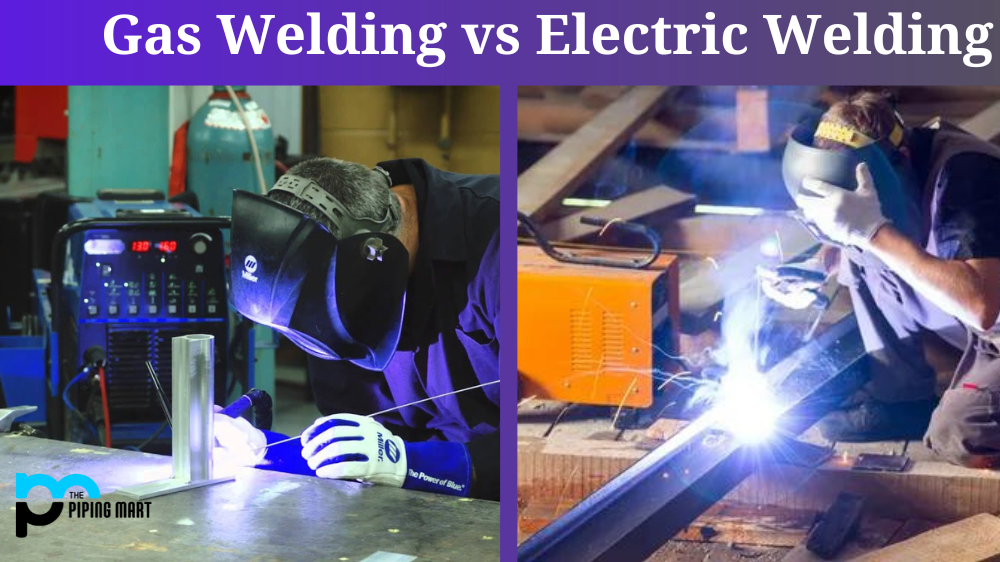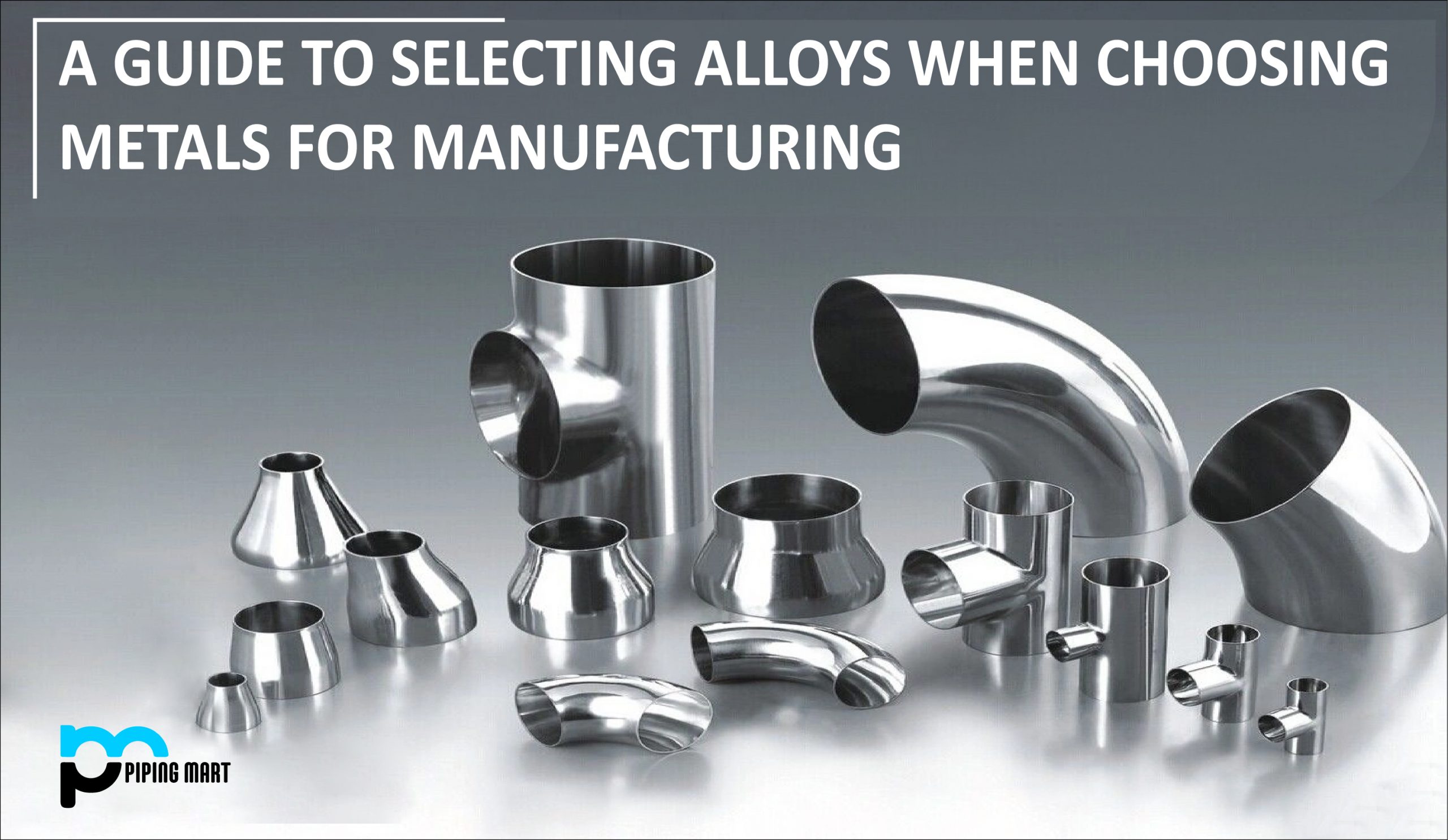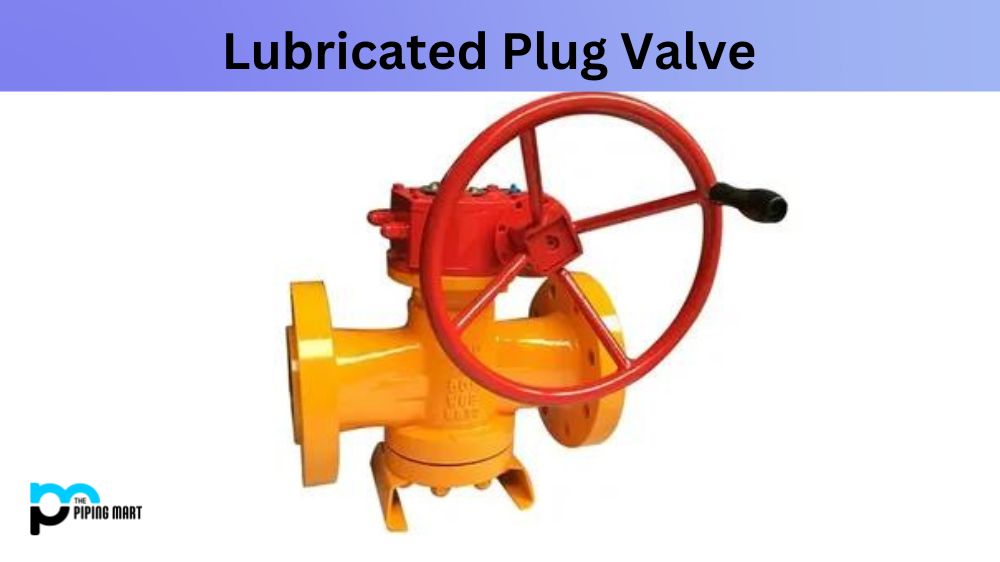Finding the right valve for your piping system can be a tough decision, especially since so many options are available on the market. One type of valve you might have encountered is the pressure ball valve. Designed to regulate the flow of fluids in a piping system, a pressure valve can help you control the pressure and flow rate of the fluids. However, as with any other product, there are advantages and disadvantages of pressure ball valves that you need to consider before making a purchase. This blog post will explore these factors in detail and help you decide if a pressure ball valve is right for your piping system.
What is Pressure Ball Valve?
Pressure ball valves are a kind of plumbing valve that regulate the flow of liquid by using a ball with a hole in it. When the handle is turned, the pressure on the ball depends on how much force applied; this adjusts and restricts media flow to protect pipes from overpressure or vacuum issues. They are often used in air and industrial gas systems, as well as water and hydraulic lines.
Advantages of Pressure Ball Valve
Durability: Pressure ball valves comprise high-grade materials like stainless steel, brass, carbon steel, or bronze. These materials are highly durable and withstand high temperatures, pressures, and corrosive environments. This makes pressure ball valves ideal for various industries, including chemical, petroleum, pharmaceuticals, and water treatment.
Minimal Maintenance: Unlike other valves, pressure ball valves require minimal maintenance. They have a simple design with fewer parts, making them easy to maintain and repair. Moreover, pressure valves do not have packing glands, eliminating the need for routine packing maintenance.
Quick Operation: Pressure ball valves have a fast-acting mechanism, which allows them to open or close quickly. This makes them ideal for applications where speed is critical, such as in emergency shutdown systems.
Versatility: Pressure ball valves are available in various materials, sizes, and end connections. This makes them versatile and suitable for a wide range of applications. Whether you need a valve for low-pressure or high-pressure systems, you will likely find a pressure ball valve that meets your requirements.
Disadvantages of Pressure Ball Valve
Limited Flow Capacity: One disadvantage of pressure ball valves is their limited flow capacity compared to other valves. This means they may need to be more suitable for applications with high flow rates.
Higher Cost: Pressure ball valves are often more expensive than other valves, such as gate or globe valves. This may be a factor for those working within a tight budget.
Reduced Accuracy: Due to the ball design of the valve, pressure ball valves may have reduced accuracy in regulating the flow of fluids compared to other types of valves.
Potential for Cavitation: Pressure ball valves, like other valves, are susceptible to cavitation. This phenomenon occurs when there is a rapid pressure change in the fluid, causing the formation of bubbles, which can lead to valve damage.
Conclusion:
In conclusion, a pressure ball valve can be an excellent option for your piping system, but it’s essential to consider both the advantages and disadvantages before purchasing. Pressure ball valves are highly durable, require minimal maintenance, have a fast-acting mechanism, and are versatile, making them ideal for various industries. However, they may not be suitable for applications that require high flow rates, have a higher cost, may have reduced accuracy in regulating the flow of fluids, and have the potential for cavitation. Understanding these factors will help you make an informed decision and choose the right valve for your needs.
Sakshee is a talented blogger, with a particular focus on the Business and Metal Industry. She is passionate about sharing her insights on various metal products and helping professionals to make a better decisions.




